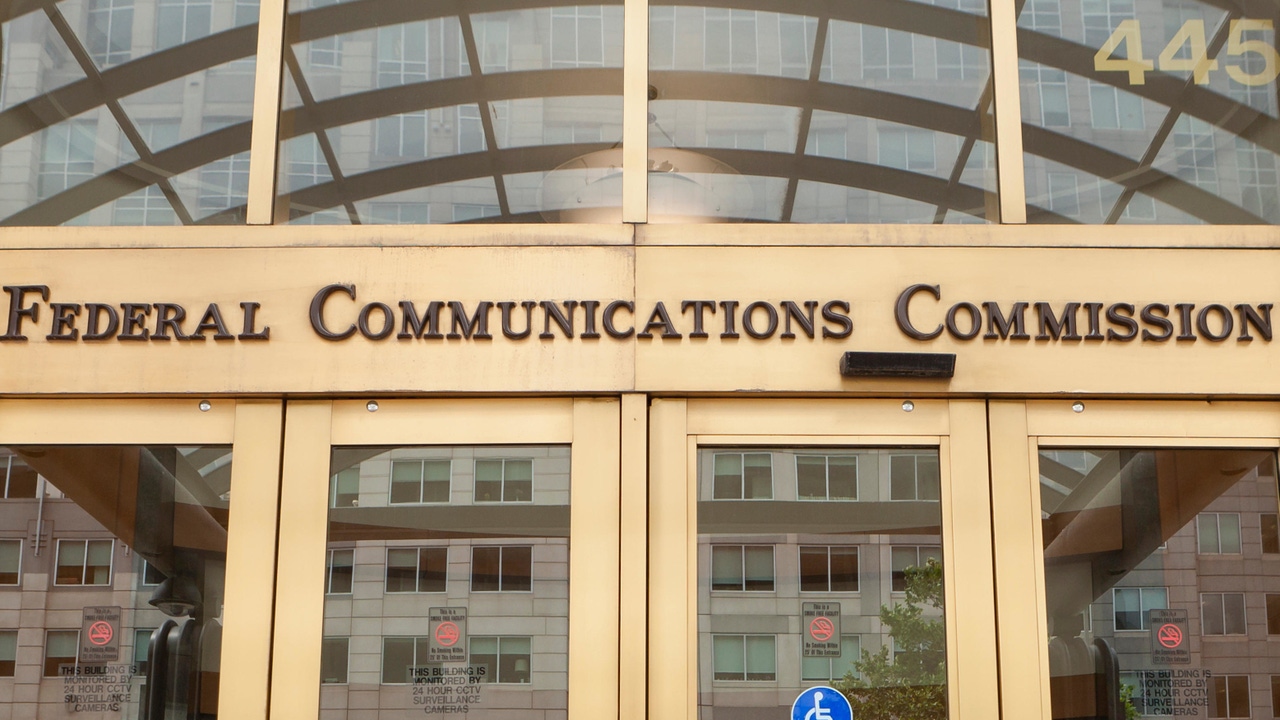New FCC clashes over Comcast DEI policiesNew FCC clashes over Comcast DEI policies
The new Chair of the US Federal Communications Commission has written to the CEO of Comcast regarding its ‘promotion of DEI’.
February 14, 2025

For those who have been living in a cave for the past decade, DEI stands for Diversity, Equity and Inclusion. It has been a staple of corporate virtue-signalling strategy across much of the world for some time. At its core lies the commendable aim of ensuring there is no discrimination along demographic lines when it comes to corporate employment policies. It goes without saying that people should be employed and rewarded on merit, as opposed to personal bias.
There is concern in the Trump administration that DEI may have gone too far, however, and that there may now be excessive bias in favour of the demographic groups it was set up to protect. The most contentious part of the abbreviation is equity, an ambiguous term that can refer to shares in a property. In this context, however it is viewed by many as a mandate to discriminate with the aim of achieving equality of outcome.
Presumably in a bid to show the person who appointed him the new Chair of the FCC what a good boy he is, Brendan Carr sent a letter to the CEO of US telecoms and media giant Comcast, headed ‘RE: Comcast and NBCUniversal’s Promotion of DEI’. In it Carr reiterates the arguments against contemporary DEI, featuring near-obsessive use of the word invidious to characterise it in this instance.
“At my direction, the FCC has already taken action to end its own promotion of DEI,” wrote Carr. “As a next step, the FCC will be taking fresh action to ensure that every entity the FCC regulates complies with the civil rights protections enshrined in the Communications Act and the agency’s [Equal Employment Opportunity] rules, including by shutting down any programs that promote invidious forms of DEI discrimination.”
Invidious is obviously doing a lot of heavy lifting here and we would expect Comcast to challenge Carr’s use of it. We’re not aware of any public response by Comcast at time of writing but one of the other FCC commissioners has piped up. “Then-Commissioner Carr blasted the prior administration for acting in a way that ‘gives the FCC a nearly limitless power to veto private sector decisions,” said Commissioner Starks in a written statement.
“From what I know, this enforcement action is out of our lane and out of our reach. I have asked for a briefing to understand the Enforcement Bureau’s theory of the case, the authority relied upon, and any prior precedent. This action gives me grave concern.”
It is in the nature of the adversarial FCC structure for Commissioners to publicly disagree but this seems like the first time Trump policies have created such dissent at the agency. As with many of the hundred of executive orders Trump spammed out as soon as he got behind the Resolute Desk, this one will be subject to judicial review and Starks could well be proved right.
At the very least, however, it sends out a signal to corporate America that it has better have its employment law ducks in a row. Absolutists will argue that if discrimination is bad, it’s bad in all instances. Others will maintain that undeniable historical discrimination is so entrenched that active measures are needed to overcome it. Has the latter camp gone too far? It looks like, in the US at least, we’ll soon get an answer to that question.
About the Author
You May Also Like










.png?width=300&auto=webp&quality=80&disable=upscale)


_1.jpg?width=300&auto=webp&quality=80&disable=upscale)